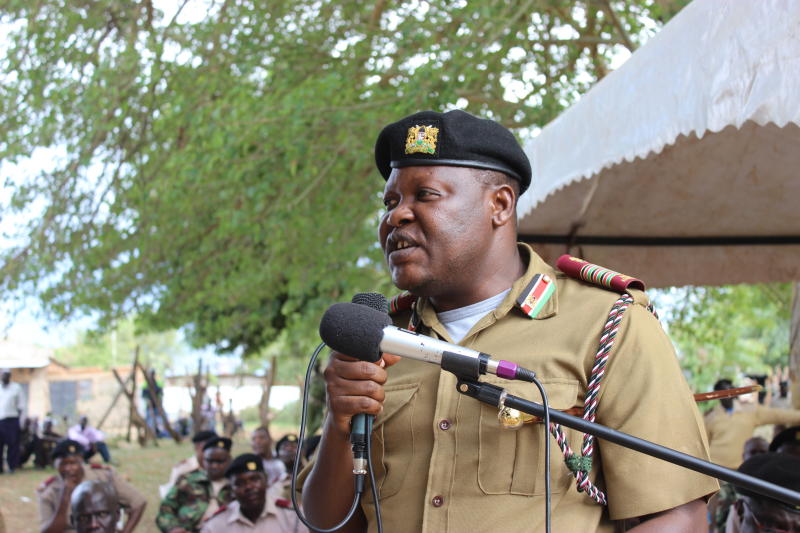×
The Standard e-Paper
Home To Bold Columnists

Residents in six Rift Valley counties will wait longer to get back protection from the National Police Reservists as seven schools shut down in two counties following persistent banditry attacks.
Rift Valley Regional Commissioner Mongo Chimwaga said the NPRs, who were last week disarmed for what State officials said was to pave way for registration of their firearms, will undergo thorough training and vetting before resuming work.